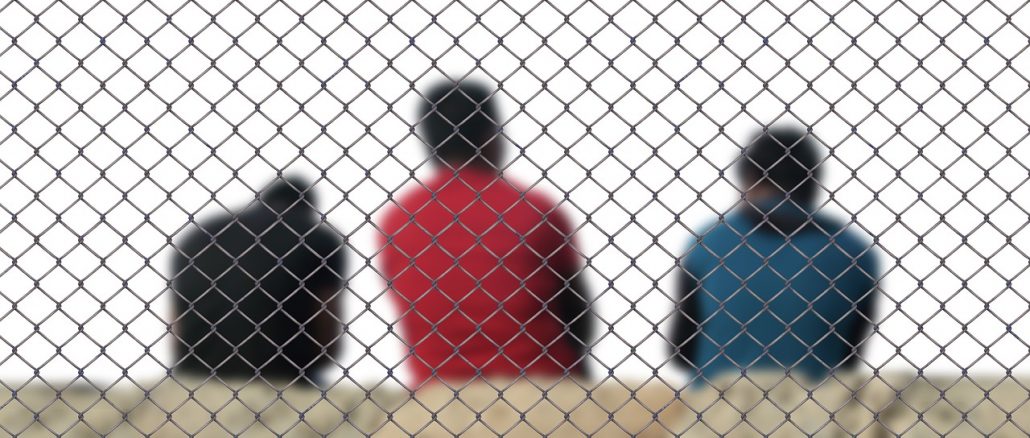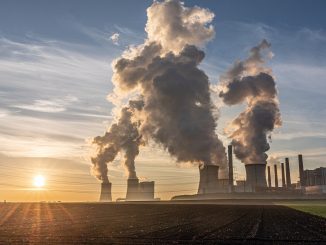
The Rohingya Muslim minority in the predominantly Buddhist, Myanmar have been stateless
and deprived of their basic human rights for decades now. They have had no access to
healthcare, voting rights, education, employment or basic citizenship.
The 1982 Citizenship Law in Myanmar prevented the Rohingya people from gaining
citizenship in their native country. Myanmar residents could apply for citizenship if they
produced “conclusive evidence” that they had resided in Myanmar since before the 4th of
January, 1948.
The Rohingya were unable to produce the conclusive evidence required, as they were denied
the paperwork or it was unavailable to them. There are 135 recognised ethnic groups in
Myanmar, the Rohingya are not one of them.
There is evidence to show that they have been residents of Myanmar since the 12th century.
According to Al Jazeera, the Arakan Rohingya National Organisation said, “Rohingyas have
been living in Arakan from time immemorial.”
In 1991, Than Shwe the former head of state in Myanmar launched operation Pyi Thaya. “Pyi
Thaya” directly translates to ‘operation clean and beautiful nation’. The military began to
seek out the Rohingya, the ethnic group experienced rape, brutal attacks and their homes
were burned to the ground.
Many of the Muslim minority have been forced to relocate to refugee camps in neighbouring
Bangladesh throughout the 21st century after they were forced out of the Rakhine region of
Myanmar. The Rohingya were persecuted by the military and the Myanmar people.
There are approximately 900,000 Rohnigyan refugees residing in refugee camps around
Bangladesh. According to the UN Refugee Agency, 51% of those are children, 52% are
women and 4.23% have additional needs.
Fiona McLysaght, Concern’s Country Director in Bangladesh described the 34 camps across
the Cox’s Bazar region as having “the largest concentration of refugees in the world.”
The camps in Cox’s Bazar are densely populated and the Rohingya are living in deplorable
conditions. McLysaght has described the situation in the camps as “appalling” and
“prison-like”.
Extreme weather is common in Bangladesh, it is prone to cyclones, monsoons, flooding and
intense heat during summer. In July 2021, deadly floods wiped out many shelters throughout
the camps in Cox’s Bazar. At least 19 people were killed during the floods, three of whom
were babies.
According to the U.N Refugee Agency, more than 21,000 refugees were affected by the
flooding and 4,000 shelters were damaged or destroyed. Approximately 13,000 refugees were
forced to relocate in the camps.
The Bangladesh government will not allow for concrete structured shelters to be built in the
camps. The alternatives consist of plastic, bamboo and other destructible materials. This is
increasingly problematic due to the global climate crisis and the naturally hilly terrain of the
region.
On March 22nd, 2021 a deadly fire surged through Balukhali refugee camp. Approximately
13 people were killed in the blaze, thousands were injured and many refugees were
unaccounted for.
“This fire highlighted how vulnerable these people are, the fires cut through all of the very
basic structures in the camps,” said McLysaght.
“It had a huge impact as people lost everything. What little they had, they lost and they were
back to square one again.”
She described it as a very traumatic experience for those who had been previously burnt out
of their homes in Myanmar, to be faced with fire again.
The Bangladesh government has put up fencing around the camps, which they say is to
protect the Rohingya refugees however, human rights organisations have argued that this is to
contain and control the population.
Although the Rohingya haven’t been formally recognised as citizens of Myanmar, and they
have been heavily persecuted in the country, the majority of them wish to be repatriated.
Imrul Islam, the Advocacy Manager for the Norwegian Refugee Council in Bangladesh says
that he has never met a Rohingya person who does not want to return to Myanmar. He said
that they know that they cannot safely return at this time but it is their goal.
“It essentially needs to have the safe guards in place, legal recognition as a citizen of a
country, legal access to the judicial system and voting rights,” Islam said.
“This would mean that you couldn’t wage genocide against an entire community and get
away with it, which has happened with the Rohingya.”
In 2019, the deceased Rohingyan, Muhib Ullah told the UN Human Rights Council “we have
a state. It is Myanmar. So we want to go home to Myanmar with our rights, our citizenship,
and international security on the ground. However, under the current government structure in
Myanmar following the coup, it is unlikely that Rohingya people can envisage the prospect of
repatriation into the Rakhine state.”
When the ethnic minority were living in Myanmar, they could move across the Rakhine
region. They had informal job structures such as agricultural work in their fishing villages.
“You have almost 1 million people, who can’t move, who don’t have jobs, who don’t have
education deals, the alternative of returning with some semblance of freedom to your parent
country starts to look very, very promising,” he said.
Criminal Gangs
ARSA, the Arakan Rohingya Salvation Army formerly known as Harakatul Yakeen emerged
in 2016 after they attacked more than 30 police posts in northern Rakhine with homemade
bombs and knives.
After their inception and the subsequent military crackdown, an exodus of Rohingya people
began to flee across the border to Bangladesh in fear of their lives.
The Rohingya are completely dependent on humanitarian assistance in the refugee camps.
Humanitarian aid workers are forced to leave the camps in Cox’s Bazar by 4pm each day.
According to Islam, they have very little idea of what happens in the camps past this
time.
However, he stated that they are aware that criminal gangs like ARSA, in the camps have
become like “the night government” that control territories. They are involved in illicit
activities, extortion and smuggling drugs and humans.
The Bangladesh government response to the gangs has been to erect barbed wire fences and
watchtowers and to increase police and military presence.
“The issue is much deeper than that type of security. It is the fact that you have 900,000
people without jobs, without food security, education or skills,” said Islam.
“You are pushing them into the arms of gangs who will honestly offer them more stability
and means of an income compared with literally nothing.”
“Over those months we saw the sharp spike in gender based violence, rape, abductions and
the rise and prominence of criminal gangs. So those combined meant that the safety and
security deteriorated sharply,” he said.
Negative coping mechanisms are prevalent among the refugees in the camps across the Cox’s
Bazar region. As a result of the lack of integration into society coupled with trauma, many
experience PTSD, anxiety, depression and other mental illnesses.
Islam states that those who enter into smuggling and trafficking are best framed under
negative coping mechanisms. He says that people are not necessarily being abducted and
smuggled on boats when they attempt to flee.
The refugees are willing to pay money to leave the camps which then enters into the territory
of smuggling.
“Because of how informal and risky these journeys are, it then gets into trafficking where the
original intent is lost and then people are sold into slavery they are abused and raped and then
end up in places like Malaysia, Thailand and Indonesia,” he said.
Due to the Covid-19 pandemic and subsequent lockdowns, some humanitarian aids were
forced to cease services.
“For agencies involved in more sensitive work like protection or agencies involved in gender
based violence, there were lots of restrictions placed on their work during covid,” said
McLysaght.
McLysaght referred to this as “the shadow pandemic”. “They weren’t deemed as essential
services, although they are essential services,” she added.
The Bangladesh government has not signed or ratified the 1951 refugee convention, this
means that they are under no obligation to give Rohingyan refugees legal status. Imrul stated
that the government feels that if they give the refugees more rights, it will attract more
refugees from Myanmar.
Kathleen Keane
Image Credit: Pixabay



